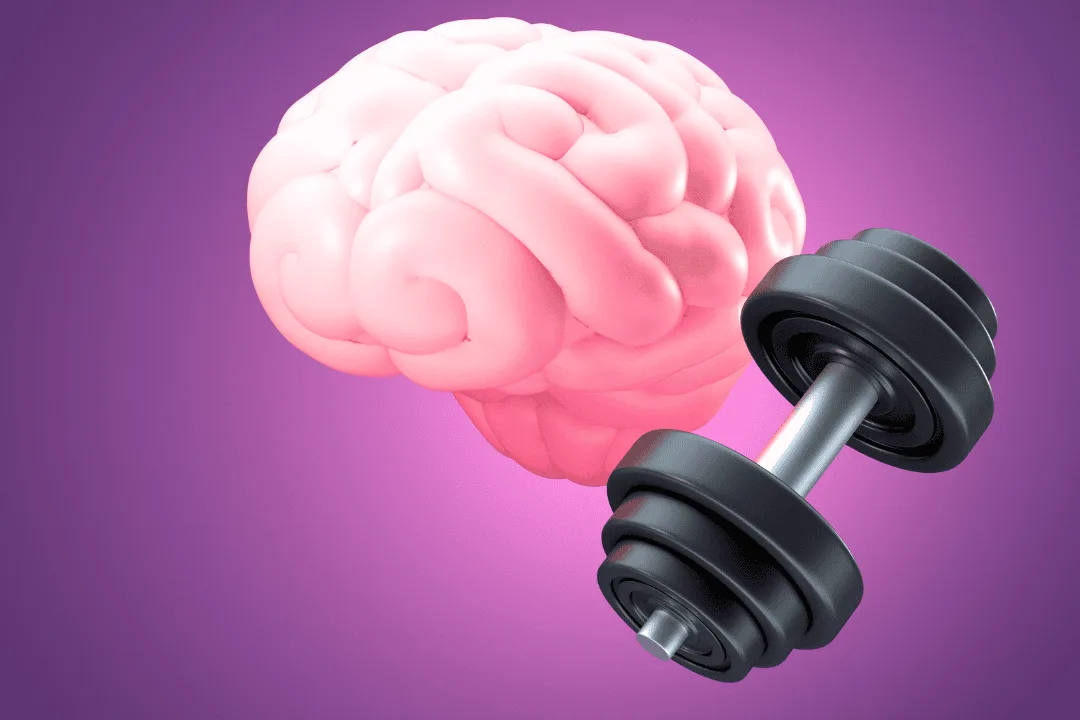It turns out that exercising sometimes might do more than just keep you fit; it can also boost your brain. Researchers published a study in Communications Psychology, examining the impact of brief, intense exercise on cognitive function, yielding intriguing results. In this analysis, researchers examined the impact of a single exercise session on thinking skills, reaction times, and memory in young adults.
Key Findings at a Glance:
Acute (one-time) exercise showed a small but statistically significant positive impact on overall cognitive performance in young adults.
Exercise led to improvements in tasks involving executive functions like working memory and inhibition.
The problems the study is about
We know exercise is beneficial for us, but does even a brief workout really impact how we think? Long-term exercise consistently improves cognitive health, but the benefits of short, one-time sessions remain less clear. Previous studies often produced mixed results, with some suggesting benefits while others reported no change. This inconsistency prompted researchers from the University of California, Santa Barbara, to dig deeper and clarify the cognitive effects of acute exercise.
Jordan Garrett and Barry Giesbrecht led the research team in conducting a systematic review and Bayesian meta-analysis, a sophisticated statistical approach that allows for better handling of variability between studies, to answer this question. They analyzed 113 different studies encompassing over 4,000 participants to understand if a single bout of exercise could have a real impact on cognitive function. The researchers used a Bayesian model to evaluate 651 separate instances of cognitive tests after exercise and found evidence pointing toward a positive, albeit small, impact.
According to Garrett, “We wanted to see if even a single session of physical activity could generate measurable cognitive improvements. What we found was a subtle but consistent enhancement, including a specific 10% improvement in reaction times and notable gains in executive function, especially in areas like reaction time and executive function.”
Boosting Brain Performance One workout at a time
The research showed that a single session of exercise, such as a brisk 20-minute cycling workout or a high-intensity interval training (HIIT) session, can enhance cognitive performance by approximately 10%, particularly in executive function tasks like working memory and inhibition. Hence, these skills help us stay focused and make decisions. The improvements were especially notable in reaction time, where individuals were able to respond more quickly after an exercise session.
Interestingly, different types of exercises yielded slightly different benefits. HIIT produced the most notable impact, with improvements of up to 15% on executive function tasks. Cycling also stood out, providing specific improvements to working memory and attention. This suggests that not all exercises are equal when it comes to improving brain performance.
“The intensity and type of exercise seem to play an important role,” Giesbrecht noted, “with more vigorous activities showing stronger effects.”
The idea that a single bout of exercise could provide a cognitive boost has practical implications for many of us. For students, professionals, and anyone needing a mental boost before a challenging task, taking a quick exercise break could provide a significant advantage, such as improved focus or faster decision-making. Imagine needing to prepare for a big meeting or an exam, and if you do a 20-minute jog or cycling session, it will sharpen your focus and help you process information more efficiently.
Beyond immediate productivity, this finding may also be useful for longer-term interventions aimed at maintaining cognitive health across a lifetime. If a single exercise session can improve mental performance, then perhaps building consistent, short sessions into daily routines could lead to even more substantial gains, such as improvements in memory or sustained attention, over time.
This research isn’t just about understanding a fleeting cognitive lift. It could provide a foundation for developing more targeted exercise recommendations, such as guidelines for exercise frequency, duration, or specific types of activities that target mental as well as physical health. While the benefits are currently considered “small,” the researchers emphasized that they could have significant cumulative effects over a lifetime, especially for individuals prone to cognitive decline.
Moreover, this study highlights the importance of developing specific exercise protocols that maximize both physical and cognitive benefits. This opens up avenues for further research to understand which combinations of duration, type, and intensity can best enhance brain health.
Giesbrecht concluded, “Our results suggest that something as simple as a short, moderate-to-vigorous workout can have a positive effect on your brain, particularly when it comes to focus and reaction time. It’s a small change that anyone can implement for potentially substantial benefits, such as improved cognitive health or delayed cognitive decline.”
Takeaway: Next time you’re feeling sluggish at work or school, consider taking a quick 20-minute break for some physical activity. It may just help your brain perform optimally, such as by improving problem-solving speed or focus.
For more information, visit: https://doi.org/10.1038/s44271-024-00124-2



